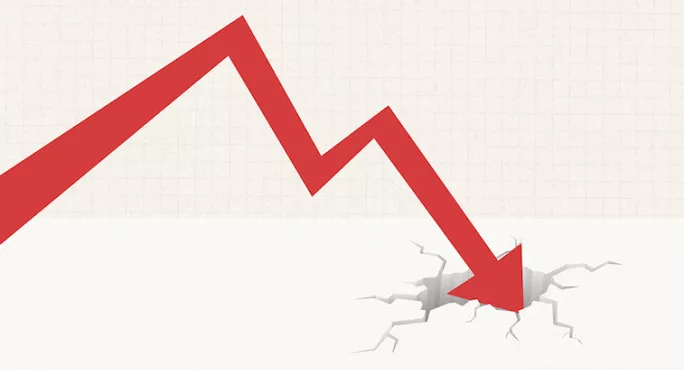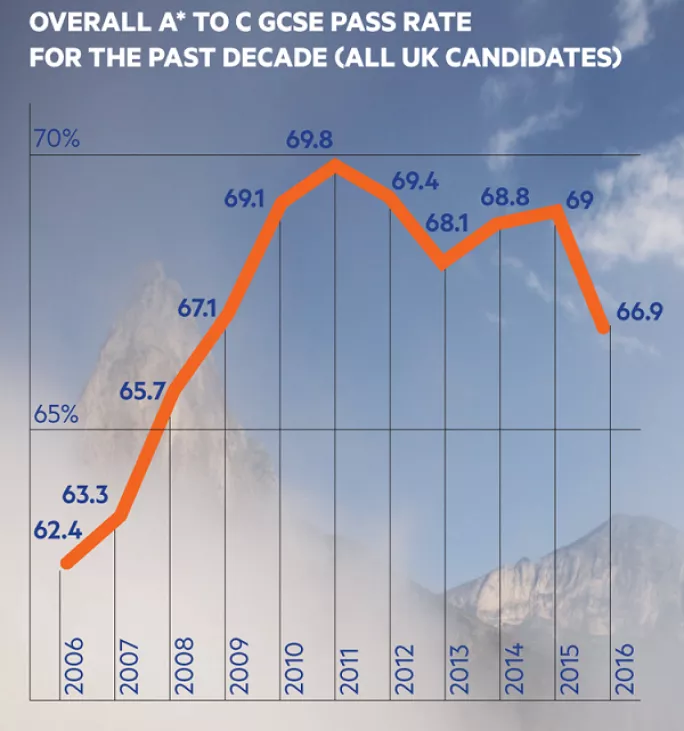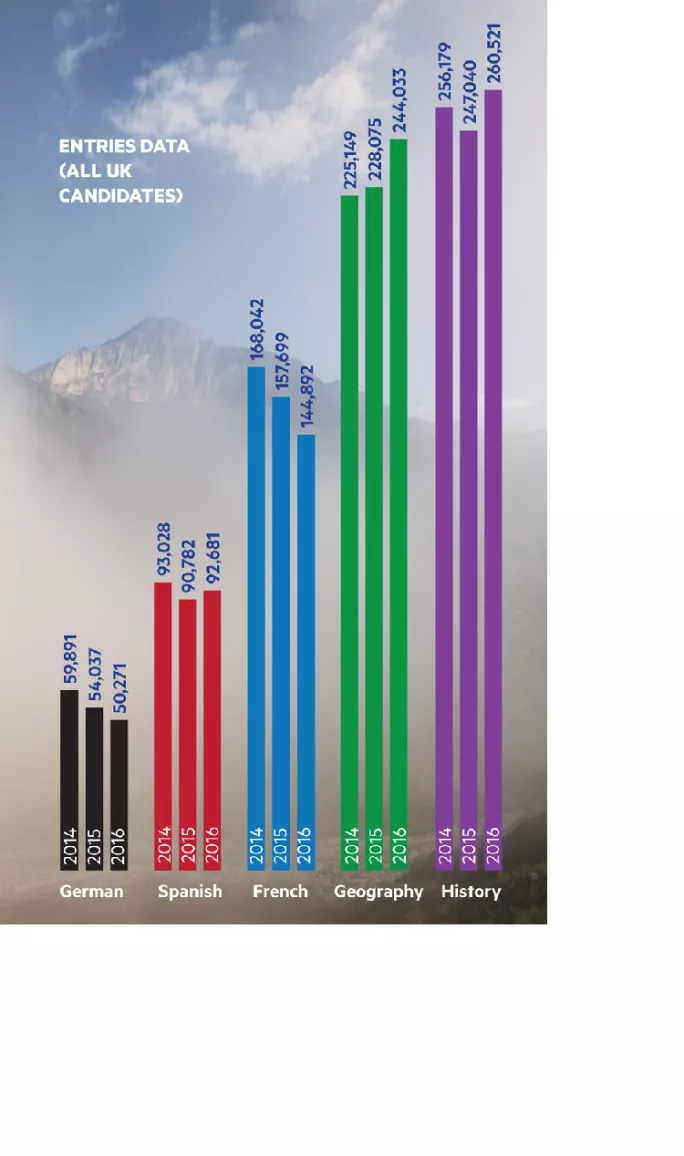- Home
- GCSE results: Why have grades dropped?
GCSE results: Why have grades dropped?

Today brought the biggest fall in GCSE grades in the qualification’s history, as the proportion of A* to C pass grades dropped to 66.9 per cent.
But there is more behind that stark fact than exam regulator Ofqual’s clampdown on grade inflation, or any sense that this year’s candidates were less intelligent than their predecessors.

The drop is also linked to two government reforms: a new requirement for pupils to resit GCSEs in English and maths if they do not gain a grade C in Year 11, and the introduction of a new accountability measure, Progress 8.
The first of these reforms has had an obvious impact on the results, because the pass rate is lower among pupils who have previously failed to gain a C than it is among pupils taking their GCSEs for the first time. Just 35.9 per cent of entries from pupils aged 17 and above scored an A* to C, compared with 69.5 per cent of entries from 16-year-olds.
The A* to C pass rate fell by 2.1 percentage points overall, but the fall was far higher among pupils aged 17 and over (7.6 percentage points) .
In English and maths, the impact of resits on average grades was sharper still.
But even once pupils aged 17 and over are removed from the figures, the A* to C pass rate is still down - by 1.3 percentage points overall.
The Progress 8 effect
This is likely to be due in part to the introduction of Progress 8 as the key school accountability measure, which has had a complex effect on results. It gives an incentive for schools to enter more pupils in “traditional” academic subjects than they may have done previously, and is much more high-stakes than the English Baccalaureate.
Today’s figures suggest that schools have entered more of their lower-attaining pupils for academic GCSEs, causing the pass rates in those traditional subjects - and, by extension, in GCSEs as a whole - to fall.
This year entries for GCSE science rose by more than a fifth, suggesting that pupils who previously would have been entered for vocational qualifications are now being entered for GCSEs in the subject for the first time. Entries also rose significantly in history and geography.
But results in those subjects fell, with the proportion of A* to C grades dropping by 3, 2.8 and 3.8 percentage points in history, geography and science respectively.
Suzanne O’Farrell, assessment and curriculum specialist at the Association of School and College Leaders, said: “What we’re seeing is a decline in [entries in] every single creative subject that we’ve got this year… and the shift is transferring to increases in history and geography, which are needed for the EBacc bucket of Progress 8.
“Students possibly aren’t doing as well in those subjects as they might have done previously in those other subjects, so that is depressing the overall pass rate. So a student might have got a C in performing arts and now is getting a D in geography.”
Encouraging more pupils to study traditional subjects has been one of the government’s stated aims for GCSE reform. Yet today’s results are sparking a debate about the value of entering pupils for traditional GCSEs in which they score low grades, as opposed to vocational or other qualifications.
Malcolm Trobe, ASCL’s interim general secretary, said this shift raised concerns. “All students should have access to that broad academic curriculum and the full range of subjects,” he said.
“But it’s a question of, is this the most appropriate choice for some youngsters? If you put yourself in the youngster or the parents’ point of view, what do you want, a D in geography or a C in music or drama?”
Sharon Hague, senior vice president of Pearson, which runs Edexcel GCSEs, said exam boards had gone through “rigorous processes” to make sure standards were consistent across boards.
“I think it’s probably fair to say that as a result of the government policy changes we’re seeing a broader range of students taking GCSEs than previously in things like English, maths, geography, history and so on, and that’s what’s driving the change in the headline [pass rate]”, she said.

Want to keep up with the latest education news and opinion? Follow TES on Twitter and like TES on Facebook
Keep reading for just £1 per month
You've reached your limit of free articles this month. Subscribe for £1 per month for three months and get:
- Unlimited access to all Tes magazine content
- Exclusive subscriber-only stories
- Award-winning email newsletters



